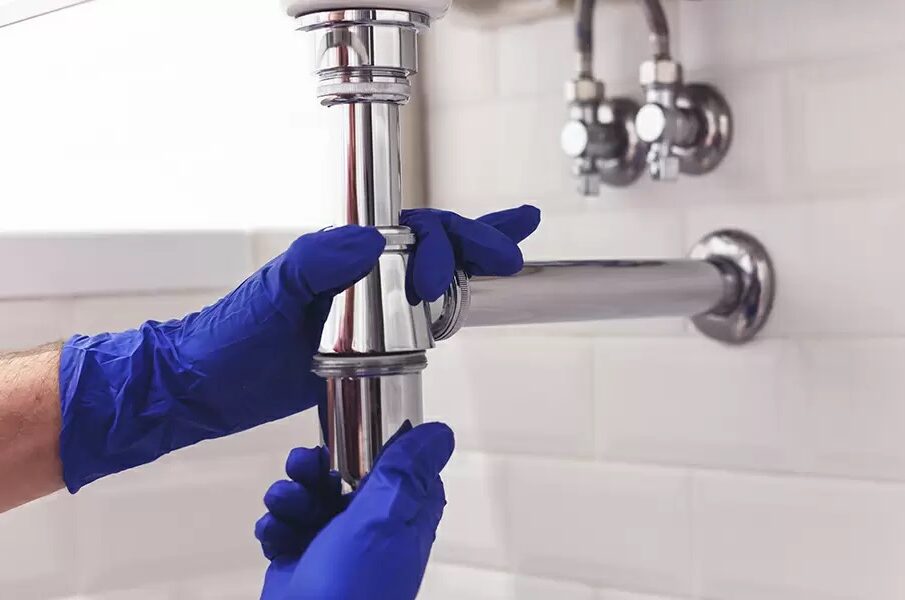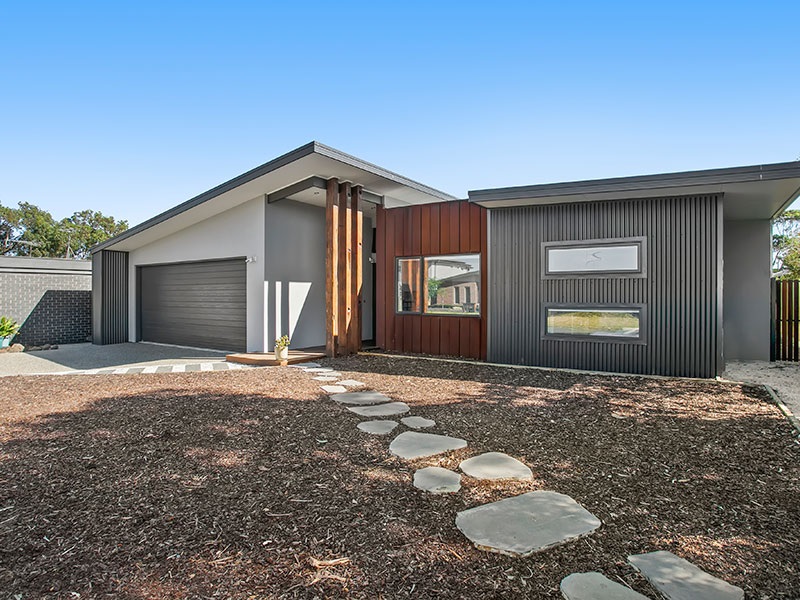How to deal with noisy pipes and plumbing systems in your home?

Dealing with noisy pipes and plumbing in your home is annoying and disruptive. The loud banging and clanging noises are irritating but also indicate serious underlying problems with your plumbing system. Addressing noisy pipes as soon as possible helps prevent further damage and more costly repairs down the road.
Locate the source of the noise
The first step is to listen carefully and try to pinpoint exactly where the noise is coming from. Noise tends to reverberate through pipes and ductwork, so walk around your home and analyze sounds from different locations. Ask other household members if they hear the noises and where it seems loud. Pay special attention to areas where pipes are exposed, like in the basement or under sinks. Knock on sections of pipe to isolate the spot causing the ruckus.
Check for loose pipes
A common cause of banging noises is loose pipes. Over time, pipes vibrate loose from joists, studs, and other mounting hardware. Check secure connections by examining places where pipes enter walls, floors, and ceilings. Look for gaps or loosening of brackets and straps. Try tightening slip joints, pipe hangers, and clamps. Add additional mounting points if needed to keep pipes stable. Installing rubber pads or buffers between pipes and framing helps reduce vibrations. Proper pipe supports are essential to minimize noise.
Address water hammer
When you abruptly turn off a faucet or appliance using water, you may hear a loud banging noise from a water hammer. This occurs when quick valve closure suddenly stops water momentum, creating a surge or shock wave through the system. Installing water hammer arrestors near problem areas muffles these dramatic pressure spikes. Air chambers, which are small reserves that compress to absorb shock, also help manage water hammer effects. Adjusting valves and fixtures to close more slowly and smoothly limits surges.
Inspect for loose faucet parts
The plumber Bondi Junction pipes are often connected to loose elements in fixtures. Over time, factors like mineral deposits and wear cause components to loosen. Check faucet bodies, sprayer heads, aerators, and connections for tightness. Tighten nuts, screws, and other fasteners if needed. Replace worn washers, gaskets, and seats if necessary. Loose internal parts like stems and cartridges create noise, which may require faucet repairs or replacement.
Look for blockage issues
Buildup and blockages in pipes obstruct water flow, leading to noises like chattering and whistling from excessive pressure. Scale, sediment, and corrosion are common clogging culprits. Drain/waste/vent pipes become blocked by accumulated gunk, objects accidentally flushed down toilets, and even nesting creatures. Using chemical cleaning treatments regularly clears deposits and keeps things flowing smoothly. For serious clogs, calling a professional plumber for hydrojetting services may be required.
Evaluate water pressure
Excessively high water pressure results in loud noises like banging and knocking incoming home water pressure above 80 psi damage pipes and cause noise over time. Install a water pressure regulator near your main water line/meter if the psi consistently tests too high. These devices reduce pressure to a quieter and safer range of 50-60 psi. Your local water authority checks your home’s pressure for comparison.















